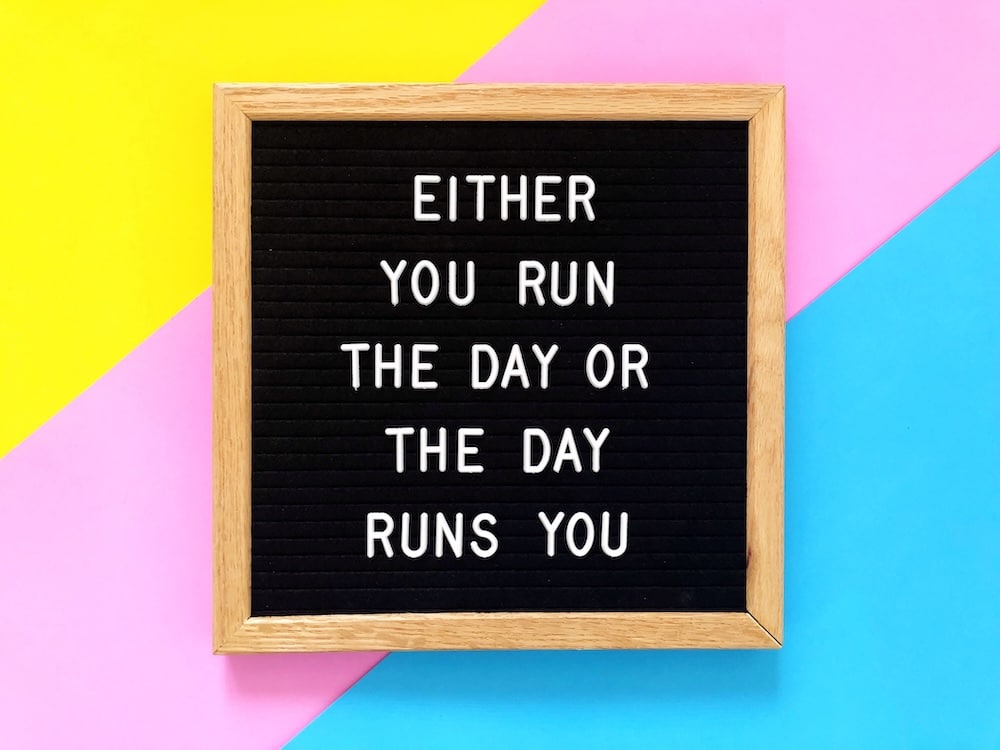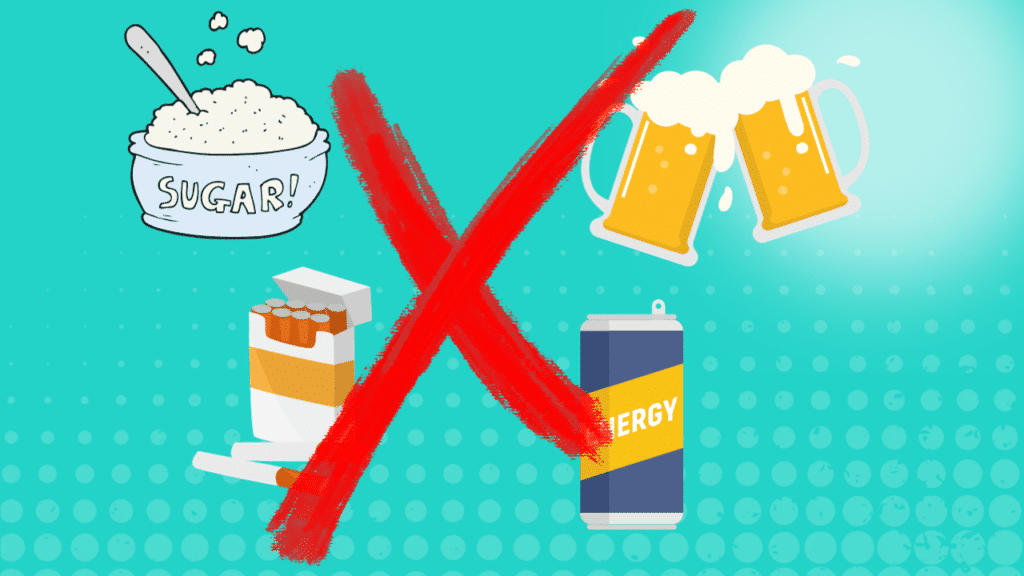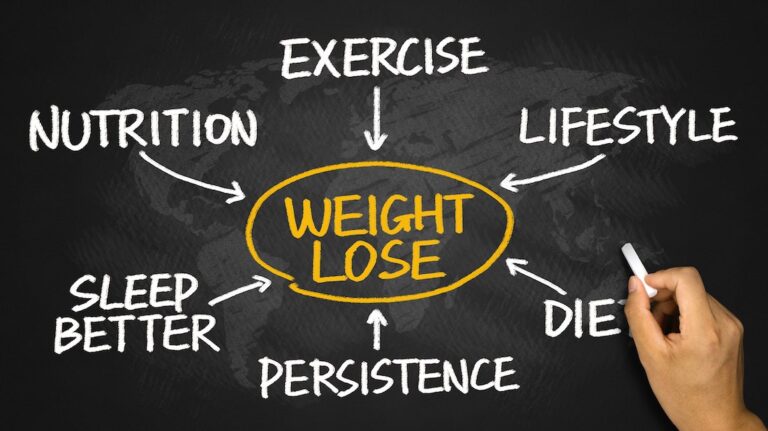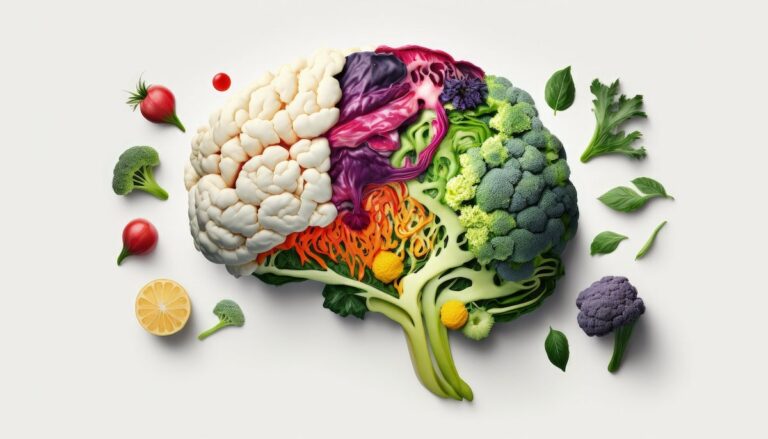Introduction
Do you ever imagine an invisible superhero shouting “Stop!” before you make a choice? Well, that superhero is your impulse control. It’s like an inner caretaker that helps you think before you jump.
I’ve been there, in the strong grip of impulse. Fighting temptation is like an internal tug of war. My path to victory over impulsive choices wasn’t easy, but it was worth it. And I’ll share how you can win that battle too.
What is impulse control?
Let’s break it down. Impulse control is your mental brake pad. It’s that moment when you pause and think “Is this really a good idea?” When you see a shiny new bike in the store and decide to save money instead of buying it on the spot, that’s good impulse control.

But if you suddenly find yourself eating a whole bar of chocolate when you really only wanted a bite, well, that’s the slippery side of the impulse control slide.
Why you may struggle with impulse control
Have you ever felt like your inner superhero took a day off just when you needed it most? You’re not alone. For many of us, it’s a daily struggle to hold back. Sometimes it’s because a little voice in your head whispers “You deserve it.” Other times, there can be a little flash of excitement by doing something on impulse.
And if you have something like ADHD or ADD, like I do, the impulses can feel ten times stronger. They can come as a wave of “Do it now!” that’s hard to resist. But understanding this, and knowing that you’re not alone, is the first step to taking back control.
Related: Eating to take control of ADHD?
Methods to improve impulse control
Are you stuck in the fast lane of impulse? Don’t worry. There are techniques that put you in the driver’s seat. With a little practice, you can teach your brain to choose a different path. Let’s dive into some methods that can give you superpowers in impulse control.
Mental and physical techniques
Tolerance for discomfort
Do you imagine that discomfort is a gray cloud hanging over you? Now, imagine you’re just observing it. You leave it alone. It’s discomfort tolerance. Intermittent fasting is perfect for challenging that mindset!
It’s about accepting that not everything feels good right away. And that’s okay. Practice saying “This is uncomfortable, but I can handle it.” Over time, you become stronger, more patient and the discomfort turns into a good feeling.
Distraction: Tips and tricks
Emotions can be like fireworks in your brain. Flashy and seductive, but they don’t last forever. Distraction is your secret tunnel out. Call a friend and talk about anything other than what tempts you.

Or dive into a book. Maybe a jog or a yoga session? Find what captivates you and use it as your escape route when impulses come knocking.
Relaxation: How to use your senses
Stress and excitement are the best friends of impulse. Learn to realize that you control your own thoughts. Take a deep breath and imagine you’re watching waves crashing on the beach. Relax each muscle, one by one.
Close your eyes and listen to calm music. Take a hot shower and feel the water wash away your stress. By engaging all your senses, you can calm both body and mind. And a calm soul is less likely to make impulsive sprints.
My personal journey
When I was 8 years old, I spent a weekend at my grandmother’s house. A few hours before the visit on Sunday, I asked so nicely if I could go to the kitchen and take a piece of the soft cake we were going to have. Kind as Grandma was, I was of course allowed to do so.
After 30 minutes, Grandma came into the kitchen and saw to her great dismay that I had eaten half of the large round soft cake without exaggeration! There’s my impulse control. It was
The fight against addictions
Since then, I’ve quit more than anyone I know and it’s become a natural part of me. As I sit and write this, I haven’t eaten 1 gram of sugar in almost 5 months. I’ve been off caffeine for almost a year now.

I’ve become “addicted” to going to the gym even though it wasn’t something that came naturally to me at first.
It’s been almost 5 months since my last drop of alcohol.
How do I do it?
I often get that question. I usually respond immediately. “I know I’m better off with a stomach that doesn’t hurt and a head that actually works, so it’s harder for me not to”.
You’d think it would be easy to understand that cake and candy have been eliminated when it’s clear that I’ve lost 25 kilos and my skin has become “smooth again”
I’ve learned over time to think that it’s actually better for me not to eat, or do, or stress. And the list is quite long.
Restriction on the other hand?
I’ve found that limiting never works over time for me. Therefore, it is either to take it out of “my equation”, or to accept it in everyday life.
The ability to execute improves every day with good habits
For every week you’ve trained well all week, it’s easier to do it next week. The same goes for quitting snus, sugar or other things. So is introducing a morning routine of yoga and meditation.
Better decisions, better health
Decisions I make at work and at home have become different as I have learned to think about how things will actually be in the future from the decisions I make, and not how things will be now or tomorrow.
The benefits of better impulse control
When you strengthen your impulse control, it opens up a world of benefits. Imagine having peace of mind in decision-making moments, like choosing an apple instead of cake. Or waiting to buy until the sale starts, rather than rushing to the checkout at full price.
Healthier choices
Better impulse control can lead to healthier choices, more money saved, and stronger relationships. That’s because you think twice before you say or do something you might regret. Over time, as your impulse control grows, you’ll notice a sense of inner strength and confidence.
You’ll know that you can trust yourself to make the best choices, not just the easiest or quickest. And that, my friend, is a superpower worth working for.
Can you stand up to a marshmallow?
Have you heard of the marshmallow study on children? Children were given a marshmallow with the expectation that if they didn’t take it, they would get a bigger prize in the next round.
The experiment is world-renowned for many discoveries. The two findings I find most interesting are that the expectations of the big prize of not eating the marshmallow in the first place actually had the opposite effect.

It turns out that it’s better not to think about the big reward you can expect if you abstain now than to think about it.
At the same time, there has been a clear correlation that children who had the ability to wait for greater rewards at an early age have generally done better in school and careers than children who were unable to wait.
10 minutes of control
To keep temptation at bay, try to set clear boundaries for yourself. When something tempts you, give yourself time to think. A good rule can be the “10-minute rule”. If you want something strong, wait ten minutes. Use the waiting time well.
Do something to distract your mind, like going for a walk, drawing, or listening to your music. Most often, you will find that the impulse subsides and you will feel stronger each time you resist.
Summary
Impulse control is like a muscle. The more you train it, the stronger it becomes. Start today with small, conscious choices. Celebrate every step you take to become more aware of your impulses. Remember that no one is perfect, and stumbling is part of the journey towards better self-control.
Want to dive deeper? Keep reading and explore more resources. You have the strength within you to master your impulses. So take the first step now. Become the captain of your own ship and steer clear of the reefs of impulse.






